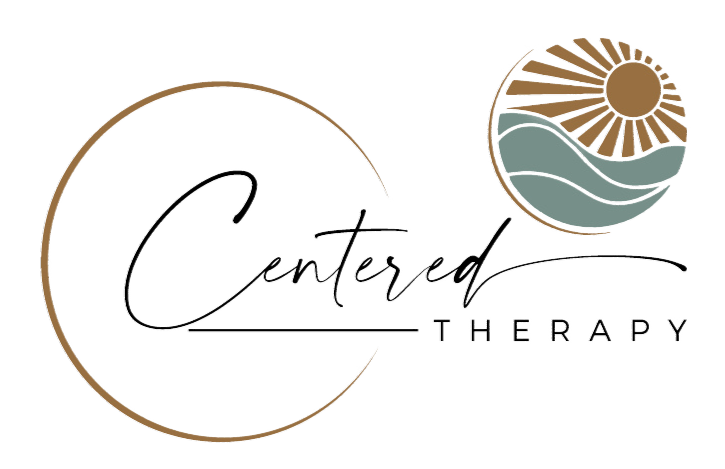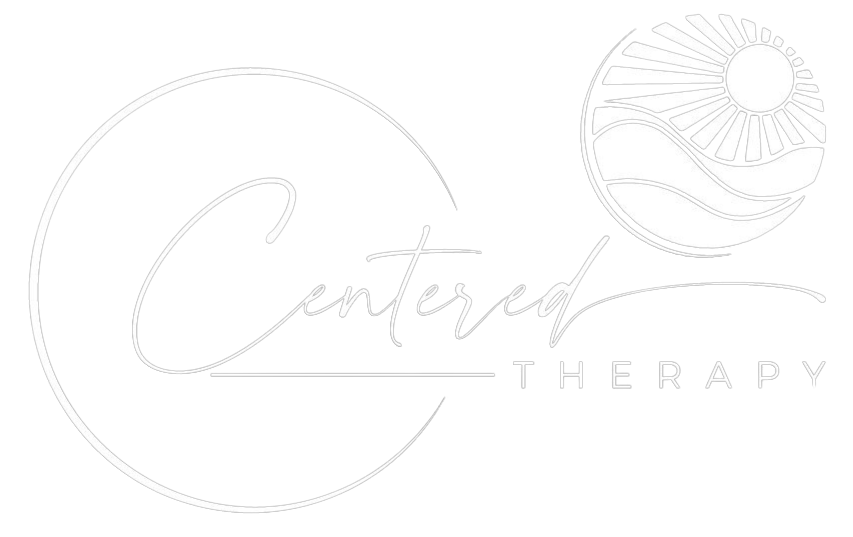Sleep Disorders Treatment
Addressing mental health-related sleep disorders is paramount due to their profound impact on overall well-being. Employing comprehensive treatment strategies, including Cognitive-Behavioral Therapy (CBT), lifestyle adjustments, and medication when necessary, is crucial for managing sleep disorders like insomnia, sleep apnea, restless legs syndrome (RLS), narcolepsy, sleep paralysis, circadian rhythm sleep disorders, and REM sleep behavioral disorder.
These disorders, if left untreated, can exacerbate mental health challenges, amplifying symptoms of anxiety and depression. Cognitive functions may be impaired, and the overall quality of life can deteriorate. Therefore, it is essential to prioritize the treatment of sleep disorders, not only to alleviate immediate symptoms but also to prevent potential long-term consequences. Seeking professional guidance ensures tailored interventions, promoting a holistic and personalized approach to improve sleep and safeguard mental health.
Therapy for Sleep Disorders
Therapy often proves more effective than medication for managing sleep disorders due to its holistic approach. Unlike medication, therapy fosters sustainable changes in sleep hygiene, routine, and mindset. Medications may offer temporary relief, but they can pose side effects and dependency risks. Therapy empowers individuals with tools to self-regulate, promoting long-term sleep improvements and addressing underlying psychological factors. This proactive and personalized approach stands out as a preferred and enduring solution for the effective management of various sleep disorders.
Among the various therapeutic modalities, cognitive-behavioral therapy (CBT) has emerged as a particularly promising and evidence-based intervention.
Cognitive-Behavioral Therapy (CBT) has proven to be highly effective in treating various sleep disorders, especially insomnia. CBT for insomnia (CBT-I) addresses the cognitive and behavioral factors contributing to sleep difficulties. Through this structured therapy, individuals learn to identify and challenge negative thought patterns about sleep, develop better sleep hygiene practices, and establish consistent sleep routines.
Mindfulness-based therapies, such as Mindfulness-Based Stress Reduction (MBSR) and Mindfulness-Based Cognitive Therapy (MBCT), have shown promise in managing sleep disorders. These therapies emphasize being present in the moment, reducing stress, and fostering relaxation, which can positively impact sleep quality.
Sleep Restriction Therapy is another behavioral intervention used primarily for insomnia. This approach involves limiting the time spent in bed to match the actual time spent sleeping. Over time, it helps regulate the sleep-wake cycle and improve sleep efficiency.
Biofeedback techniques, which involve monitoring and controlling physiological functions, can be applied to manage certain sleep disorders. For instance, Biofeedback may help individuals regulate muscle tension and reduce the frequency of movements associated with restless legs syndrome.
Medication Management For Sleep Disorders (Sleep Medications)
Several medications are commonly used to treat various sleep disorders. It’s important to note that sleep medication should be prescribed and supervised by healthcare professionals, as they come with potential side effects and risks. Here are some examples of medications used to treat specific sleep disorders:
Prescription Medications for Insomnia
Hypnotics: Zolpidem, Eszopiclone, and Zaleplon are examples of sedative-hypnotic medications that help induce and maintain sleep. These sedative-hypnotics act on the central nervous system, promoting sleep onset and duration. While effective, they should be used cautiously due to potential side effects like drowsiness and dependency. Psychiatrists carefully assess individual needs, prescribing hypnotics for short-term relief and considering alternative approaches, such as cognitive-behavioral therapy, for long-term insomnia management. Regular monitoring and open communication with a healthcare provider are essential for safe and effective use of hypnotic medications.
Benzodiazepines: The benzodiazepine medications approved for insomnia treatment in the United States are estazolam, flurazepam, quazepam, temazepam, and triazolam. These drugs work by enhancing the effects of a neurotransmitter called gamma-aminobutyric acid (GABA), inducing sedation and relaxation. While effective in the short term, benzodiazepines carry risks such as dependency and withdrawal symptoms, prompting cautious use. Due to these concerns, psychiatrists often explore alternative treatments, reserving benzodiazepines for specific cases or short durations.
Centered Therapy Counseling psychiatrists and PMHNPs offer medication management for insomnia treatment via in-office visits and online. Find a psychiatrist near you to schedule an appointment today.
Medication for Restless Legs Syndrome (RLS)
Dopaminergic agents: Medications such as pramipexole and ropinirole, which increase dopamine levels in the brain, are frequently prescribed. Dopamine plays a crucial role in regulating muscle movements, and by enhancing its activity, these agents help alleviate the symptoms of RLS. While generally effective, careful monitoring is essential due to potential side effects, and dosages are tailored to each individual’s needs to strike a balance between symptom relief and minimizing adverse reactions.
Narcolepsy Medication
Stimulants are commonly employed in the treatment of narcolepsy, a neurological disorder characterized by excessive daytime sleepiness, sudden loss of muscle control (cataplexy), sleep paralysis, and hallucinations. Medications such as modafinil and armodafinil are central nervous system stimulants that promote wakefulness and alertness.
By enhancing the release of certain neurotransmitters, including dopamine, these stimulants help mitigate the debilitating effects of narcolepsy, allowing individuals to stay awake and maintain normal daily activities. Careful dosing and regular monitoring are essential to manage potential side effects, and psychiatrists often tailor treatment plans to individual needs, considering factors like overall health and lifestyle to ensure optimal effectiveness and minimal risk.
Parasomnias Medication Treatment
Medication treatment for parasomnias, a category of sleep disorders characterized by abnormal behaviors or experiences during sleep, is often approached cautiously. In some cases, benzodiazepines like clonazepam may be prescribed. These medications can help regulate sleep cycles and reduce the frequency or intensity of parasomnias such as sleepwalking or night terrors.
However, due to potential side effects and the risk of dependency, healthcare professionals typically consider medication as a short-term solution or when other therapeutic interventions have proven ineffective. Regular consultation with a healthcare provider is crucial to assess the ongoing necessity and effectiveness of medication in managing parasomnias.
Clonazepam may be prescribed to reduce the frequency and intensity of parasomnias like sleepwalking or sleep paralysis.
Browse the Centered Therapy Counseling psychiatrist directory to find a psychiatrist near you for sleep disorders medication treatments.
Who Can Treat Sleep Disorders?
Sleep disorders are best addressed by a range of healthcare professionals with expertise in sleep medicine. Sleep disorders stemming from physiological factors are typically addressed by healthcare professionals specializing in sleep medicine.
Board-certified sleep specialists, pulmonologists, neurologists, and otolaryngologists (ear, nose, and throat specialists) are well-equipped to diagnose and manage conditions like sleep apnea, restless legs syndrome, and other physiological disruptions affecting sleep. These experts may conduct sleep studies and recommend appropriate medical interventions, such as continuous positive airway pressure (CPAP) therapy for sleep apnea or medications for restless legs syndrome.
Clinical psychologists and psychiatrists may address sleep disorders with a psychological component, such as insomnia, including chronic insomnia, narcolepsy, sleep paralysis, and parasomnia. Psychiatrists specializing in sleep disorders often have a subspecialty in Sleep Medicine. These professionals are known as sleep medicine psychiatrists or sleep psychiatrists. Sleep medicine is a multidisciplinary field that addresses the diagnosis and management of sleep disorders, and psychiatrists with this specialization are equipped to evaluate and treat sleep-related issues with a focus on the psychological and psychiatric aspects.
A sleep medicine psychiatrist may have additional training in sleep disorders, sleep studies, and various treatment modalities.
To find a doctor who specializes in sleep disorders please browse our provider directory by selecting “Sleep Disorders/Insomnia” in the Treatment Areas drop-down box.


